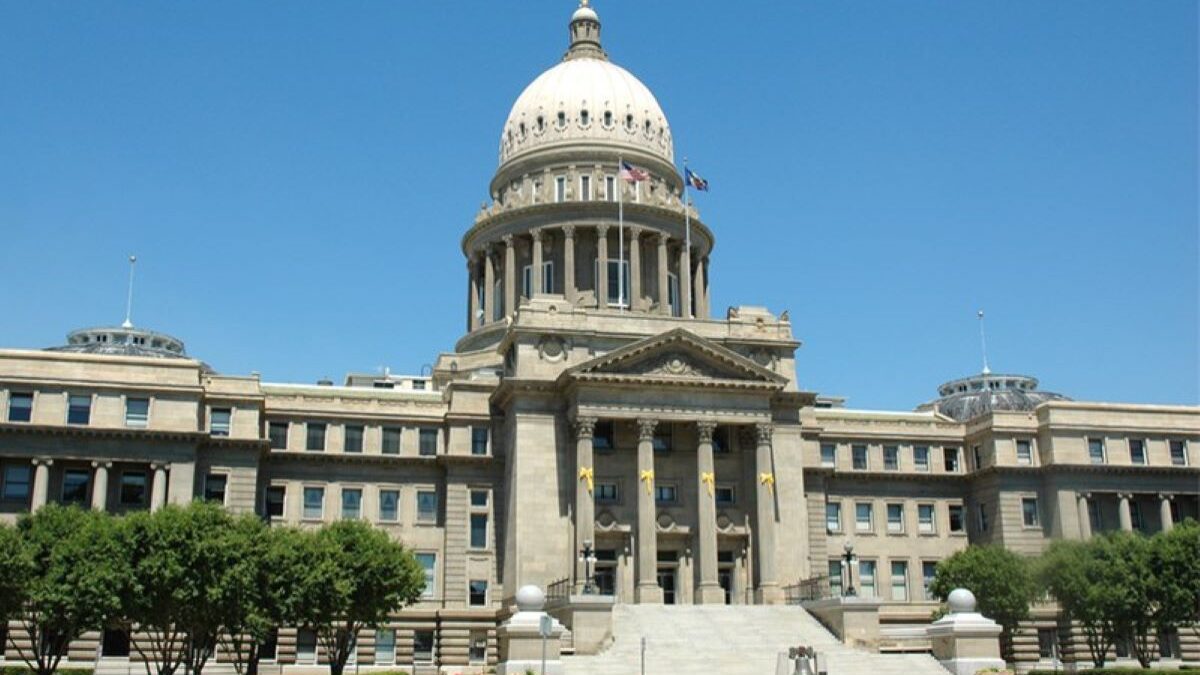
In a bid to secure the integrity of his state’s election systems, an Idaho Republican legislator introduced a bill on Tuesday seeking to ban the use of ranked-choice voting (RCV) in the state.
Under H0179, county election offices would be prohibited from using “ranked choice voting or instant runoff voting to conduct an election or nomination of any candidate in this state for any local government, statewide, or federal elective office.”
Under RCV, which critics often refer to as “rigged-choice voting,” voters rank candidates in order of preference. If no candidate receives a majority of first-choice votes in the first round of voting, the last-place finisher is eliminated, and his votes are reallocated to the voter’s second-choice candidate. Such a process continues until one candidate receives a majority of votes.
In remarks to the House State Affairs Committee, bill sponsor and GOP Rep. Dale Hawkins asserted the legislation will “simplify the voting process and maintain consistency in [Idaho’s] electoral process.”
“We support the prohibition of ranked-choice voting and instant run-off voting in any local, statewide, or federal election held in the state to ensure every vote is counted accurately and the candidate with the most votes is elected,” he said.
According to a local news outlet, no localities in Idaho currently use ranked-choice voting.
While Maine and Alaska are the only two states to employ such a system, the results from their respective elections since implementing RCV have produced outcomes that clearly contradict the desires of voters. In Maine, then-incumbent GOP Rep. Bruce Poliquin lost to Democrat Jared Golden during the 2018 midterms, despite Poliquin winning the most votes in the first round of voting. That outcome was due to the state’s ranked-choice voting system.
Similarly, in Alaska, Democrat Mary Peltola won the state’s at-large congressional seat last year even though “nearly 60 percent of voters cast[] their ballots for a Republican.” RCV also played a major role in helping Alaska GOP Sen. Lisa Murkowski fend off a challenge from former President Donald Trump-backed Kelly Tshibaka during the 2022 midterms. The system allowed her to win due to being listed second on Alaska Democrats’ ranked-choice ballots.
In addition to Idaho, North Dakota is also considering legislation that would ban the use of ranked-choice voting in its elections. The move aligns with the Republican National Committee, which disavowed RCV in its meeting last month.









